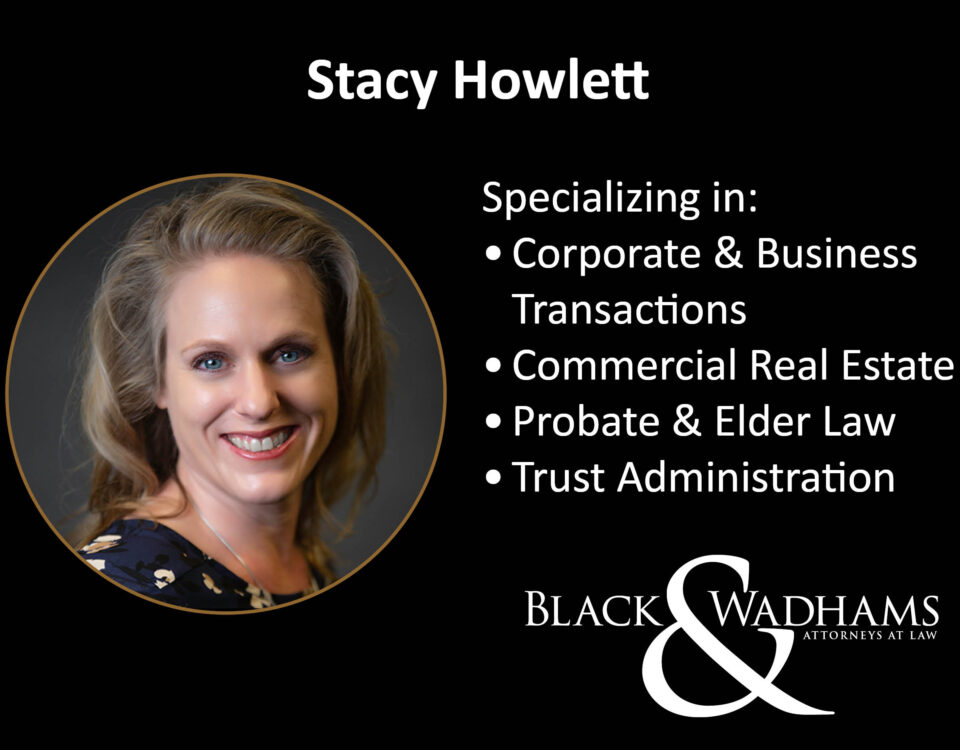The Nevada Supreme Court has adopted final rules for the new mandatory foreclosure mediation. These new rules become effective July 31, 2009. The rules include a number of significant changes, as the result of several public hearings conducted by the court.
The mandatory mediation program allows a homeowner receiving a Notice of Default on or after July 1, 2009, to request a mandatory mediation with the lender with the objective of obtaining a loan modification, or to estimate a short sale value the lender may consider.
One of the key questions has been exactly what documents the lender must provide. The answer is that the lender must provide an original or a certified copy of the following:
1. Deed of Trust, and each of its assignments; and
2. Mortgage Note, and each of it assignments
A certified copy must be made under oath before a notary public and include a statement that the person certifying the copy is in actual possession of the original of each certified document.
In the event of a lost or destroyed document, the requirements of Nevada law shall apply as detailed in the Nevada Revised Statues. Should this event occur, hours of additional work would be created for all the parties involved.
The lender must provide under confidential cover to the mediator the “evaluative methodology” used in deciding whether a homeowner is eligible for a loan modification. This will be helpful to the mediator in assisting both parties arrive at a resolution.
The lender must also provide the most current appraisal of the property and shall prepare an estimate of the short sale value that it may be willing to consider. Because “most current” may be practically meaningless in today’s market the burden in effect may be upon the homeowner to provide a truly current appraisal, meaning one made within the last six months.
Until there is a record of accomplishment for the mediation program, we will have no way to predict the effectiveness of this program. The Supreme Court has promulgated rules that give all parties an opportunity to effectively and persuasively present their case.
Carlos L. McDade, Esq.

